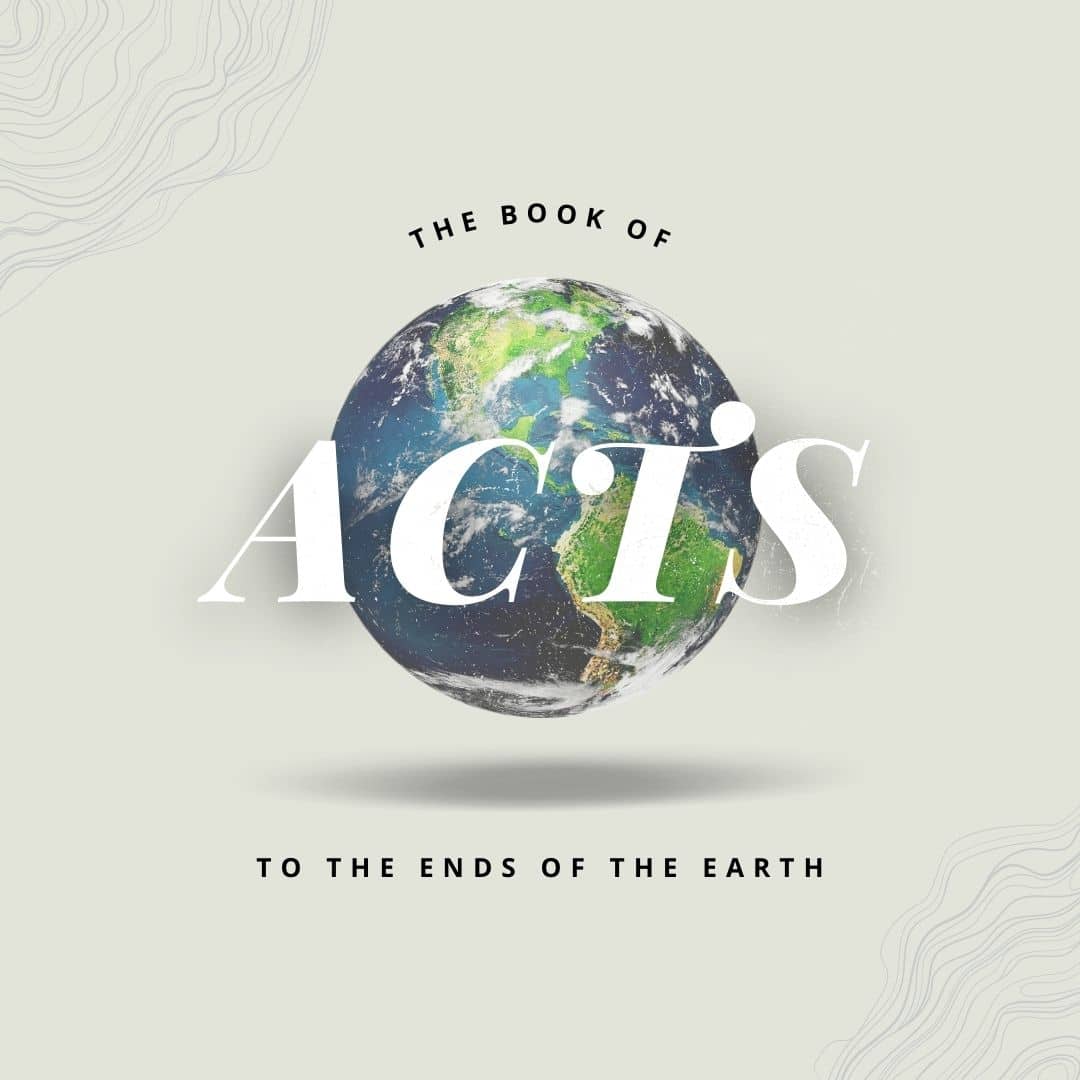Prayer and Singing in Prison | Acts 16:22-25
Grace Hunter2025-06-16T15:40:01-06:00Brothers and sisters, I do not consider myself yet to have taken hold of it. But one thing I do: Forgetting what is behind and straining toward what is ahead, I press on toward [...]



